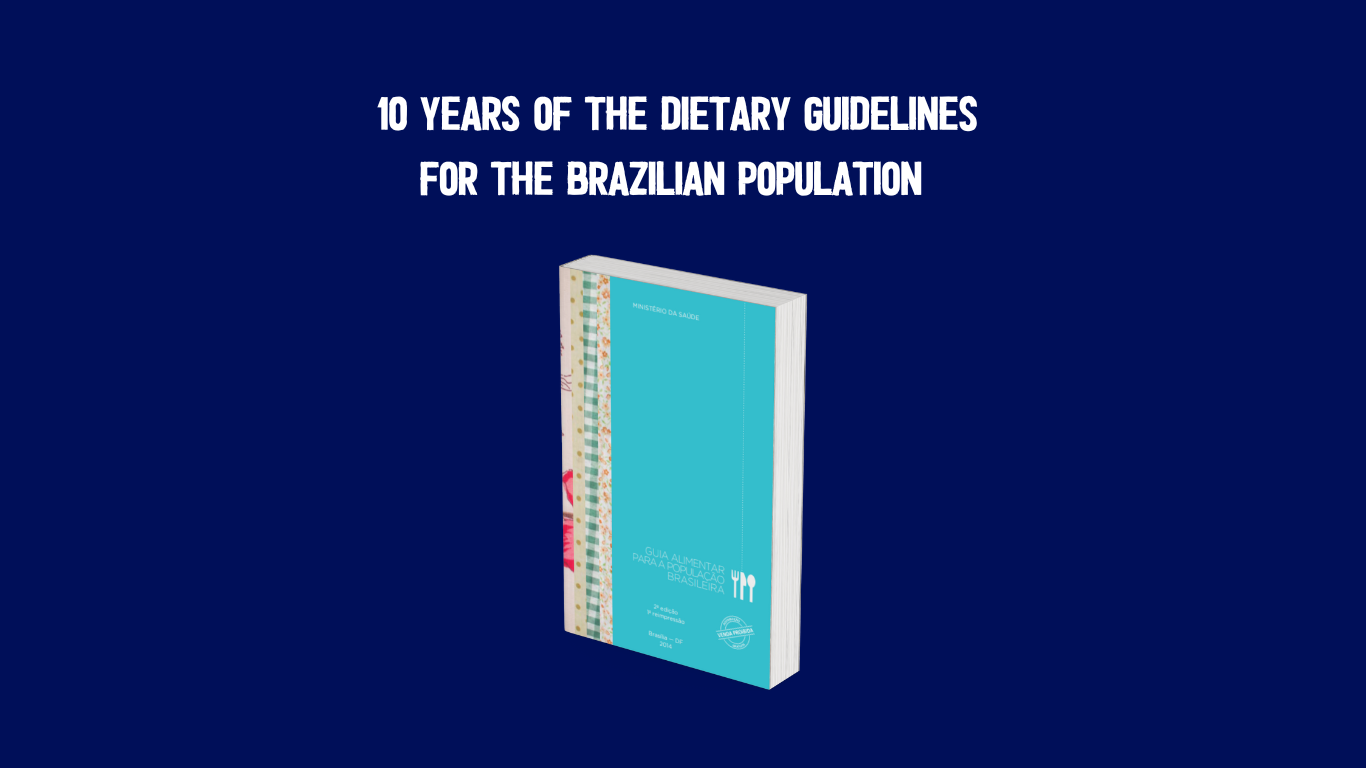 This month, the Centre of Excellence against Hunger of the World Food Program (WFP) in Brazil celebrates the 10th anniversary of the launch of the Food Guide for the Brazilian Population, a publication by the Brazilian Ministry of Health that is a global reference in healthy and sustainable eating.
This month, the Centre of Excellence against Hunger of the World Food Program (WFP) in Brazil celebrates the 10th anniversary of the launch of the Food Guide for the Brazilian Population, a publication by the Brazilian Ministry of Health that is a global reference in healthy and sustainable eating.
The guide advises the population on the importance of conscious food choices and a diet based on fresh and minimally processed foods.
Launched in 2014, the Food Guide has become an essential document for food and nutrition policies, providing a broad perspective on the health and well-being of the Brazilian population.
Over the last decade, the Food Guide has been a pillar in the promotion of healthy eating practices, providing guidelines based on the Brazilian reality and highlighting the need for public policies that guarantee access to quality food.
This approach strengthens the fight against malnutrition in its various forms: undernutrition, overweight and obesity, issues that significantly affect Brazil and other Latin American countries.
“The Guide came to transform the reality of the Brazilian population by not using conventional diets and food pyramids, as this catered for a generalized approach and did not take into account intersectionality, socio-economic levels, culture and tradition,” says the Coordinator of of the Projects Unit at the Centre of Excellence.
Nurturing the Future: International Cooperation in Tackling Malnutrition
With the aim of furthering this public health agenda, the WFP Centre of Excellence against Hunger, in partnership with the General Coordination of Food and Nutrition of the Brazilian Ministry of Health and the Brazilian Cooperation Agency (ABC), has been promoting the South-South Cooperation project Nurture the Future.
The initiative seeks to tackle the multiple burden of malnutrition in a collaboration between Brazil, Colombia and Peru.
The project works on exchanging knowledge and strategies between these countries, producing publications on malnutrition and expanding knowledge networks.
The Food Guide for the Brazilian Population is also a reference for other countries and remains current, even 10 years after its launch.
According to Eliene Souza, Nutrition Officer at the Center of Excellence, the Guide is not just a public policy linked to the health sector, but an initiative that guides all of Brazil’s food and nutrition policies that are a reference for the United Nations, such as the National School Feeding Program (PNAE), community restaurants and the food basket policy. In the case of the PNAE, the Food Guide is used to draw up school menus.
Nourish the Future focuses especially on issues such as overweight and obesity, which are growing at alarming rates in the region. By strengthening food and nutrition policies and participating in national and international seminars and events, the project has helped disseminate fundamental practices and information for creating a healthier future for the next generations.
The 10th anniversary of the Food Guide is a milestone not only for Brazil, but also for international cooperation in the field of nutrition. The WFP Centre of Excellence reaffirms its commitment to promoting healthy eating practices, and Nourish the Future is an example of the impact that cooperation actions can have on reducing malnutrition rates and guaranteeing the right to adequate food.




